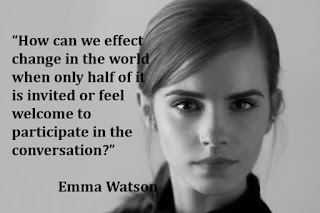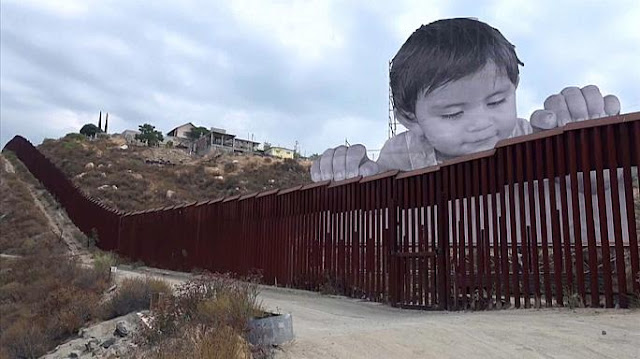In Marilyn Frye’s article, “Oppression”, she explores the vicious and unforgiving cycle of oppression and how it is a complex system that often goes undetected. Frye uses the wires of a birdcage as a metaphor in order to show that oppression is immobilizing because of the “network of systematically related barriers”. Oppression is not always recognized because it is only looked at microscopically, similarly to only looking at one wire of the cage at a time, instead of as a whole. Something that really stuck with me while reading Frye’s article was the haunting idea of the word oppression being endangered and “stretched to meaninglessness”. Frye also explains the root of the word oppression to be “press”. I then took this further to correlate with the word pressure and how women often face pressures imposed by society to look and act certain ways. In my own life I feel pressure to conform and to an extent “mold” into somebody who will be liked and accepted by society. Marilyn Frye’s article dismantled my idea of a “gentleman”. Before this reading, I believed that if a male opened the door for me it was because they were being polite and gentleman-like. Now, I no longer see this as a positive action, but rather as an assumption from men that because I am a woman I am a damsel that needs assistance. By letting a man open a door for me I let him conclude that I need help and am therefore being a “participant in my own erasure”. This segment about being a participant is similar to Johnson's argument in his article, “Patriarchy the System”, that “we have the power to affect through the choices we make about how to participate. This door-opening scenario made me realize that I unknowingly expected the male to open the door, almost like it was an invisible privilege that had been passed down to me. Similarly, however, a man could open a door for a woman and be oblivious to this wrongdoing and act of oppression. I do not believe that all men open doors for women because they view women as in-superior and in need of help, but that it is an expectation that is passed down to them from their parents or from society to act like a “gentleman”.
Audre Lorde, a writer, feminist, and civil rights activist is asked to speak at a conference about feminist theory. This conference had a narrow and an incomplete outlook on feminism, however, because “poor women, Black and Third World women, and lesbians” were not represented. In Lorde’s authentic and raw essay, “The Master’s Tools Will Never Dismantle the Master’s House”, she exposes the conferences shortcoming and explains that the key to success for feminist movements is to not only acknowledge and embrace the differences among each other, but to view those differences as strengths. In bestowing this advice, Lorde exposes a new “tool” for fighting patriarchy and oppression. In reading this essay, my understanding of the word “differences” was completely altered. Through this captivating and passionate quote, “Difference is that raw and powerful connection from which our personal power is forged”, Lorde shatters my comprehension of the word difference and turns the meaning into to something positive instead of negative. This quote challenges me to look at differences in a new light, as something that can bring people together rather than tear them apart. While Lorde voices that women should accept each others differences and work together, she also says that “community must not mean a shedding of our differences”. This quote reminds me of a quote from Peggy McIntosh’s article, “White Privilege”, “Describing white privilege makes one newly accountable. Just as Lorde explains that we must recognize each others differences, so too does McIntosh emphasis the importance of recognizing white privilege. Lorde’s article pushes me to be more aware of my own shortcomings in feminist thought, as well as to identify differences as strengths.
-Jane
Here is a quote from my all-time favorite feminist author and activist, Gloria Steinem, "A gender-equal society would be one where the word 'gender' does not exist: where everyone can be themselves.”



I can relate to your realization of how men are determined to be the ones to open doors for women. I never realized how oppressive this action actually is because men just assume that women need the help. It’s like a privilege that they grant us and in a microscopic view it seems like a nice gesture but in reality it’s oppressive. I like how you take the word “oppressive” and give it your own meaning, relating to how women are pressured in society to conform. I think everyone feels how you feel at some point in their lives. I can understand the need you feel to mold to the pressures society puts on people so they can fit the standard ideals.
ReplyDelete-Tatiana F.